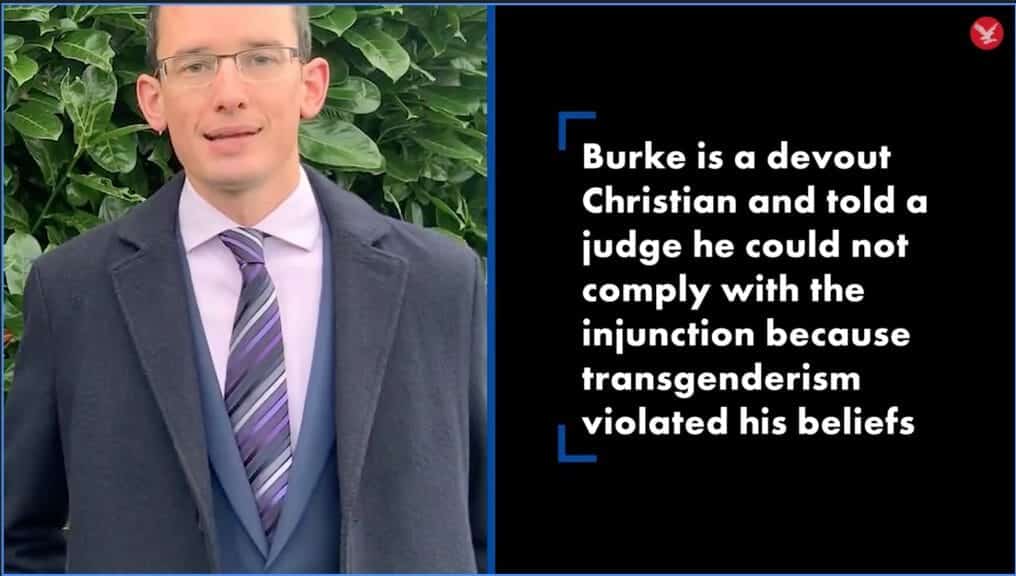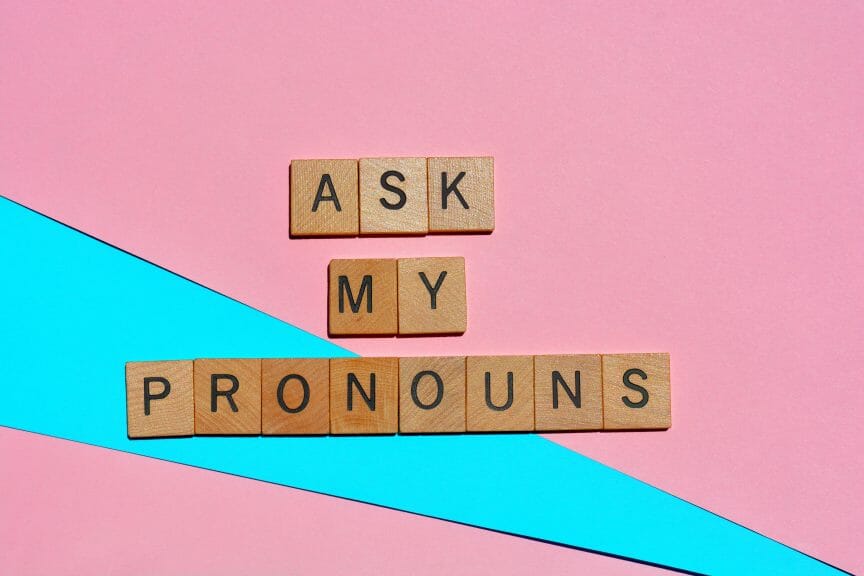There have been several examples of teachers being sacked for using the incorrect pronouns of their students. Enoch Burke, Kevin Lister, and Peter Vlaming are among just some of the teachers who have faced dismissal for this in the last few years.
Enoch Burke is an Irish teacher who was placed on leave last summer after refusing to use the correct pronouns to address a transgender student. Following this suspension, Burke allegedly refused to stay away from the school despite a legal injunction barring him from the campus.
Burke was arrested and told the judge he couldn’t comply with the injunction because of his religion. He is a devout Christian and doesn’t agree with transgenderism.

French teacher Peter Vlaming was fired from his school in Virginia for declining to use male pronouns for a student. Vlaming is trying to sue the school board for a violation of his rights. This case has been going on for nearly five years.
Maths teacher Kevin Lister lost his job by not referring to a biologically born female with their male preferred pronouns. Lister is also now trying to take legal action against the school.
Speaking to the Daily Mail, Lister said,
“The longer the Government doesn’t make a definite statement, then the more kids and the more young people’s lives will be destroyed.”
Lister points to the government as being the need to implicate change. He goes on to highlight the clear guidance surrounding the use of pronouns.
Schools are starting to take decisions into their own hands. This school in. Nottinghamshire stopped accepting students that identified as transgender.
The Law on Pronouns
The laws on an individual’s chosen pronouns are currently very vague and arguably don’t reflect the general mapping of society nowadays.
In the UK, the last law passed relating directly to gender was the Gender Recognition Act 2004. This is an act that “enables transgender people to achieve legal recognition in their acquired gender and change their recorded sex on their birth certificate.” This act was a huge step in transgender rights.
This act allows transgender adults to apply for a Gender Recognition Certificate (GRC). The process is formed of many steps most likely including the need to prove a medical diagnosis of gender dysphoria and the treatment the individual has received following this. Once a GRC is granted, the UK government has said that in law the individual can “have the gender they identify with (man or woman only) rather than the gender that accords with the sex that was recorded at birth.”
The act doesn’t cover self-identification.
It was reviewed in 2018 and 2020 yet no changes were made. Liz Truss, in her capacity as Minister for Women and Equalities, said the government didn’t plan on making any changes. “There are proper checks and balances in the system and also support for people who want to change their legal sex,” she said.
Currently, it is an issue that is at the forefront of politics and society. Especially on Twitter, public opinion seems to be split.
Ministers are certainly talking about what is the correct way to implicate laws on this matter. People’s opinions are split on the right course of action. As for now, there are no laws in place covering the misuse of an individual’s chosen pronouns.














